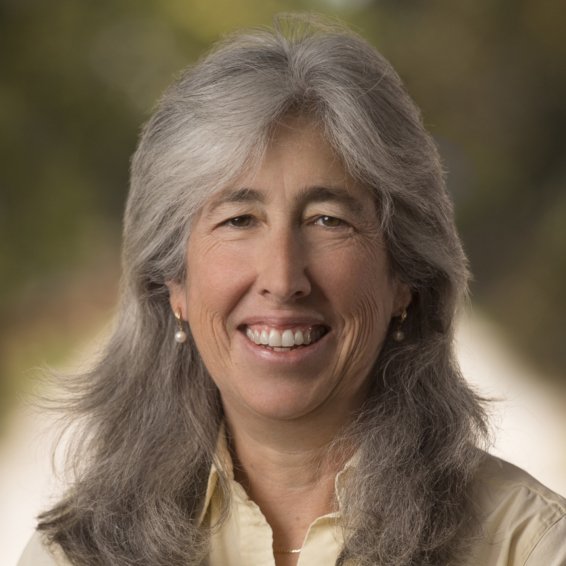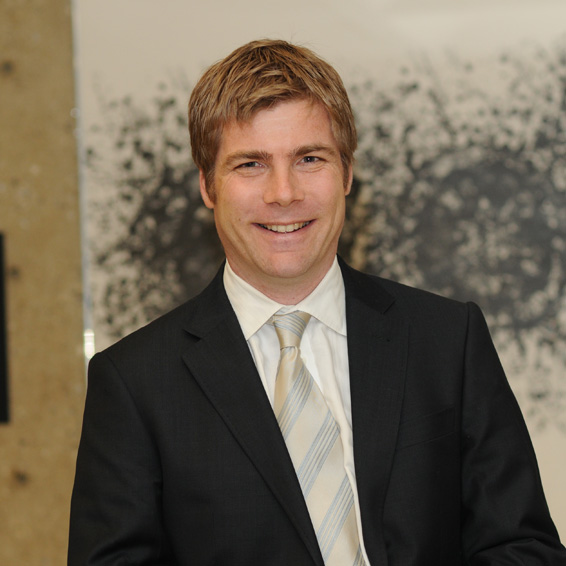Smoke (LAW 808D)
Wildfire smoke has emerged as one of the most pressing air pollution and public health threats in the Western United States. Last year, despite decades of progress in reducing air pollution from transport, industry, and electric power, wildfires caused the highest number of “spare the air” declarations ever called by local Air Quality Management Districts in California. Oregon, Washington and Colorado all suffered similar “airpocalypse” fire seasons. Recent model-based estimates of mortality from wildfire smoke-derived particulate matter suggest that between 1200 and 3000 seniors likely died from the fires this summer. Current law and regulation not only doesn’t consider particulate matter derived from wildfire smoke to be a target for regulation, it also imposes burdensome permitting requirements on one of the most effective risk-mitigation strategies: prescribed fire.
In this course, we will both learn about the science and regulatory framework governing smoke and develop new research and briefing materials for the California legislature and executive branches focused on informing a new approach. The course is intended for students interested in multi-disciplinary approaches to public policy problems. No background in either the Clean Air Act or wildfire policy is required. Students will work in multi-disciplinary teams focused on current policy problems including (1) mapping policies regarding prescribed fire at local Air Quality Management Districts; (2) developing a policy proposal to facilitate coordinated permitting of much greater prescribed fire under the Clean Air Act; and (3) deploying a simplified air quality health benefits model (EPA COBRA) to estimate the potential public health and economic benefits of better fuels management.
Students will engage in a once per week lecture/discussion of wildfire smoke science and policy, including student presentations. Class will also meet additionally once per week in a working session to discuss progress on team projects. Students will be expected to present the results of their team projects to California legislative and executive branch staff engaged in developing new approaches to wildfire policy.


